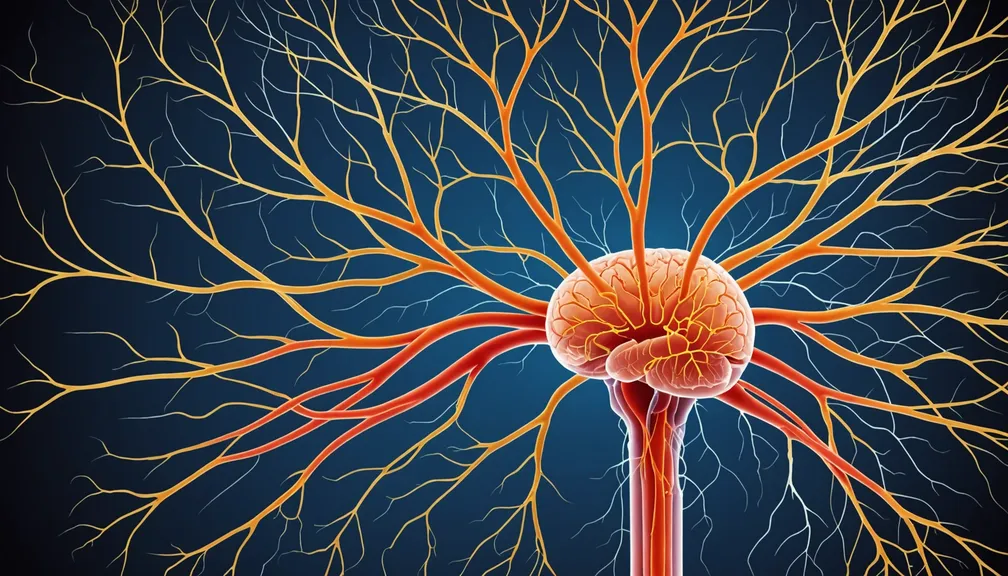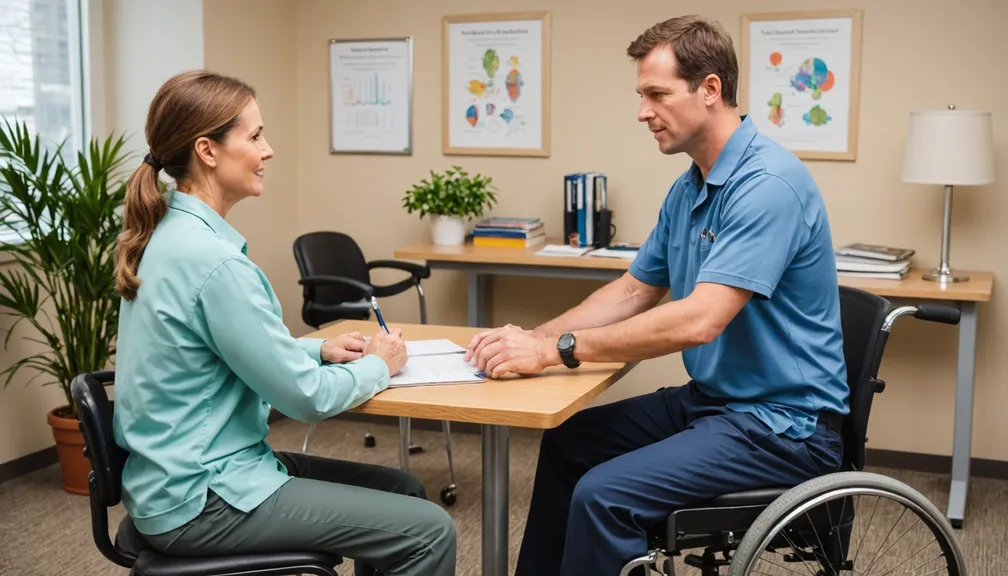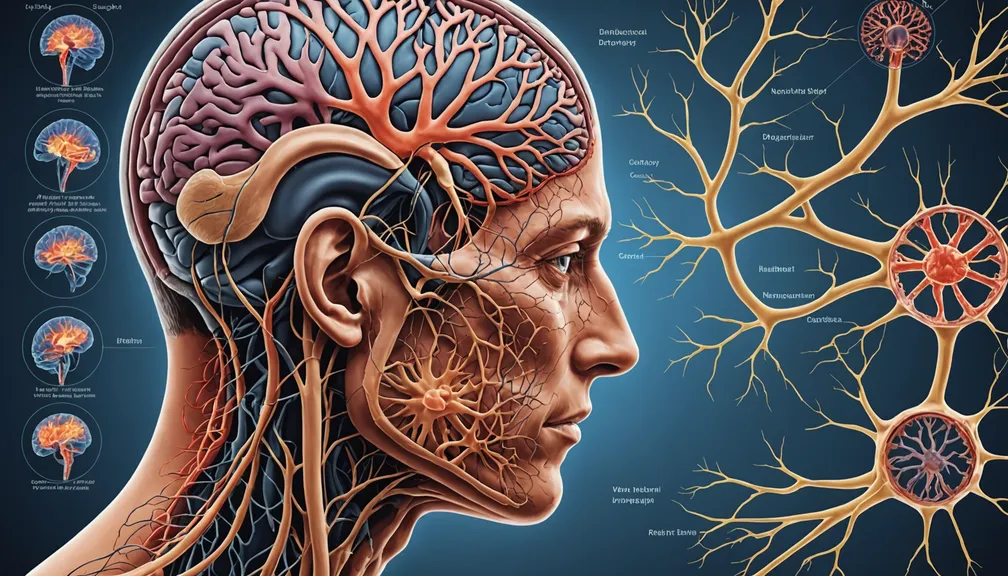Support Systems for Caregivers
Caring for someone with a rare neurological disorder can be challenging. Building a strong support system is essential for both the caregiver and the patient.
Family and Friends
- Emotional Support: Share your feelings and experiences with trusted family members and friends.
- Practical Assistance: They can help with daily tasks, provide respite care, or accompany you to medical appointments.
- Open Communication: Maintain honest and open conversations to ensure everyone understands the situation and can offer appropriate support.
Support Groups
- Peer Support: Connect with other caregivers facing similar challenges to share experiences and coping strategies.
- Emotional Relief: Support groups provide a safe space to express emotions and reduce feelings of isolation.
- Resource Sharing: Members often share valuable information about resources, treatments, and services.
Community Resources
- Local Organizations: Many communities have organizations that offer support services for caregivers and patients.
- Respite Care Services: Temporary care services allow caregivers to take breaks and recharge.
- Educational Workshops: Attend workshops to learn more about the disease and effective caregiving techniques.
Accessing Professional Help
Professional healthcare providers play a crucial role in managing rare neurological disorders. Understanding the different types of professionals available can help you seek the right assistance.
Types of Healthcare Professionals
- Neurologist
- Role: Specializes in diagnosing and treating neurological disorders.
-
Assistance: Provides medical management, prescribes medications, and monitors disease progression.
-
Nurse Practitioner
- Role: Provides primary and specialized care, often coordinating with other healthcare providers.
-
Assistance: Offers routine check-ups, administers treatments, and offers patient education.
-
Occupational Therapist
- Role: Helps patients maintain or regain daily living and work skills.
-
Assistance: Develops strategies to adapt activities to the patient's abilities.
-
Physical Therapist
- Role: Focuses on improving movement, strength, and coordination.
-
Assistance: Designs exercise programs to enhance mobility and reduce pain.
-
Social Worker
- Role: Provides support with emotional, social, and financial challenges.
-
Assistance: Helps navigate healthcare systems, access resources, and manage stress.
-
Psychologist/Psychiatrist
- Role: Addresses mental health concerns related to chronic illness.
- Assistance: Offers counseling, therapy, and medication management for emotional well-being.
How They Can Assist
- Comprehensive Care: These professionals work together to provide a holistic approach to treatment.
- Personalized Treatment Plans: Tailored strategies to meet the unique needs of the patient and caregiver.
- Ongoing Support: Continuous monitoring and adjustment of care plans to respond to changing conditions.
Self-Care Strategies for Caregivers
Taking care of yourself is vital to provide effective care for your loved one. Implementing self-care strategies can help maintain your health and well-being.
Prioritizing Your Health
- Regular Check-Ups: Schedule routine medical appointments to monitor your own health.
- Healthy Lifestyle: Maintain a balanced diet, exercise regularly, and ensure adequate sleep.
- Mental Health: Seek counseling or therapy if you experience stress, anxiety, or depression.
Time Management Tips
- Set Boundaries: Allocate specific times for caregiving and personal activities.
- Create a Schedule: Organize daily tasks to balance caregiving responsibilities with personal time.
- Delegate Tasks: Share responsibilities with family members or enlist the help of friends.
Stress Reduction Techniques
- Mindfulness and Meditation: Practice techniques to stay present and reduce anxiety.
- Hobbies and Interests: Engage in activities you enjoy to relax and recharge.
- Physical Activity: Exercise can help alleviate stress and improve mood.
Educational Resources
Understanding the disease and effective caregiving techniques can empower you to provide better care.
Learning About the Disease
- Educational Materials: Read books, articles, and reputable online resources to increase your knowledge.
- Medical Consultations: Ask healthcare providers questions to clarify your understanding.
- Workshops and Seminars: Attend educational events to stay informed about the latest research and treatments.
Training Programs for Caregivers
- Caregiver Training: Enroll in programs that teach essential caregiving skills and knowledge.
- Skill Development: Learn techniques for managing symptoms, administering medications, and providing physical support.
- Certification Courses: Some programs offer certifications that can enhance your caregiving capabilities.
Financial and Legal Resources
Managing the financial and legal aspects of caregiving can alleviate stress and ensure that you and your loved one are protected.
Navigating Insurance
- Understand Coverage: Review your health insurance policy to know what services are covered.
- Assistance Programs: Seek help from insurance navigators or advocates to maximize your benefits.
- Appeal Denials: If needed, learn how to appeal insurance decisions to obtain necessary treatments.
Financial Assistance Programs
- Government Aid: Explore programs like Social Security Disability Insurance (SSDI) or Supplemental Security Income (SSI).
- Non-Profit Organizations: Many organizations offer grants or financial support for specific needs.
- Crowdfunding: Consider fundraising platforms to gather financial support from the community.
Legal Considerations
- Power of Attorney: Assign a trusted person to make medical or financial decisions if you become unable.
- Advance Directives: Document your wishes regarding medical treatments and end-of-life care.
- Estate Planning: Ensure your assets are managed according to your preferences and to provide for your loved ones.
Communicating Effectively
Effective communication is key to managing care and maintaining healthy relationships with all parties involved.
With Medical Professionals
- Prepare Questions: Write down questions before appointments to ensure all concerns are addressed.
- Take Notes: Keep a record of important information discussed during medical visits.
- Advocate for the Patient: Ensure that the patient’s needs and preferences are communicated clearly.
With the Patient
- Active Listening: Pay attention to the patient’s feelings and concerns without judgment.
- Encourage Independence: Support the patient’s ability to perform tasks they are comfortable with.
- Express Empathy: Show understanding and compassion for the patient’s experiences.
With Other Family Members
- Open Dialogue: Maintain honest conversations about caregiving responsibilities and challenges.
- Share Responsibilities: Distribute tasks among family members to prevent caregiver burnout.
- Support Each Other: Encourage and uplift one another to maintain a positive environment.
Providing care for someone with a rare neurological disorder is a significant responsibility. Utilizing available resources, seeking support, and prioritizing self-care can help you navigate this journey with resilience and compassion.






